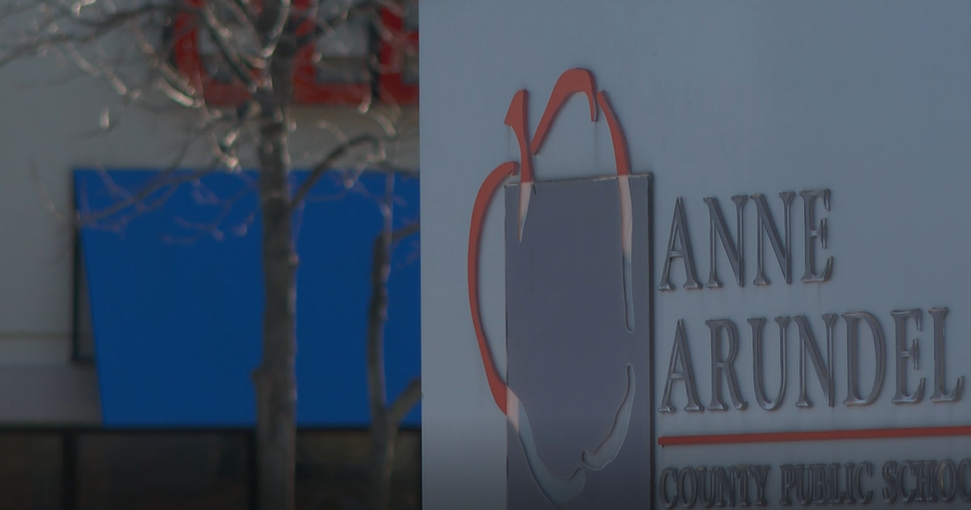Open Carry, Homeowner Protection Laws Going Into Effect In Calif. In 2013
SACRAMENTO, Calif. (AP) — Homeowners will have increased protections from foreclosure under some of the hundreds of state laws taking effect with the new year.
California also is studying whether to create the nation's first state-administered retirement savings program for some 6 million private-sector workers, although it will take additional legislation before the program can be fully implemented.
Other laws address emotional issues such as guns and hunting. Second Amendment advocates can no longer carry rifles and shotguns in public to protest gun control laws, and hunters are banned from using hounds to track bobcats and bears.
Gov. Jerry Brown signed nearly 900 bills into law in 2012, most of which take effect Jan. 1. The legislation covers a wide range of topics, from pension changes for public employees to new funding mechanisms for a state park system that has been tainted by financial scandals.
A legislative package pushed by Attorney General Kamala Harris made California the first state to write into law much of the national mortgage settlement that states negotiated with the nation's top five banks.
Part of the settlement expands authorities' ability to investigate mortgage fraud. Large lenders also must provide a single point of contact for homeowners who want to negotiate loan modifications and are prohibited from foreclosing while they evaluate homeowners' requests for alternatives. Homeowners also can sue lenders to stop foreclosures or seek monetary damages if the lender violates state law.
"California's new law will help more homeowners avoid foreclosure and keep their homes," Consumers Union financial services manager Norma Garcia said in a statement. "Homeowners in all 50 states deserve these same strong protections and more."
Meanwhile, lower-income, private-sector workers whose employers do not offer retirement plans may be able to take advantage of the California Secure Choice Retirement Savings Program.
SB1234 and SB923 would require employers to withhold 3 percent of their workers' pay unless the employee opts out of the savings program. But the program cannot start enrolling workers until it receives final authorization from the Legislature.
Pensions for public employees will be reduced under a separate bill, a change that is expected to save taxpayers billions of dollars over the coming decades. AB340 increases retirement ages for new public employees, caps annual pension payouts, prohibits several practices used to inflate pensions and requires public-sectors workers to pay more if they are not already contributing half their retirement costs.
The pension changes were sought by Brown as part of an overall plan to reduce government spending.
Budget cuts had threatened to close 70 of the nearly 280 state parks last July, prompting lawmakers to seek new funding sources. That was before it was discovered that parks officials had kept $54 million hidden in two special funds, money that is now helping keep the threatened parks open.
Still, Californians will be able to help state parks in the future by buying specialty license plates or checking a box on their income tax returns. AB1589 also requires the department to seek new ways to raise money, such as creating an annual parks pass or charging more to use parks during peak times.
Several other laws respond to recent news developments.
Coaches and administrators in K-12 schools as well as higher education employees who have regular contact with children will be required to report suspected child sexual abuse. AB1434 and AB1435 were prompted by the scandal involving former Penn State University assistant football coach Jerry Sandusky, who was convicted of sexually abusing 10 boys. Authorities say some former co-workers knew of the abuse but failed to report it to law enforcement.
"Caylee's Law" is named after the 2-year-old daughter of Florida's Casey Anthony, who was acquitted of the girl's murder in 2011 despite waiting a month before telling authorities that her daughter was missing. AB1432 makes it a misdemeanor punishable by up to a year in jail if a parent or guardian fails to report the disappearance or death of a child under the age of 14 within 24 hours.
Attempts to pass similar laws in some other states failed because lawmakers were concerned the changes would be too broad.
AB45 is named after 19-year-old Brett Studebaker of San Mateo, who died in 2010 after drinking on a party bus and crashing his own vehicle while driving home an hour later. It holds party bus operators to the same standards as limousine drivers, making them legally responsible for drinking by underage passengers.
Another bill changes the makeup of the state Fish and Game Commission after the commission's former president, Dan Richards, posed for photos with a mountain lion he shot during a legal hunt in Idaho.
Killing mountain lions is illegal in California, but the photograph sparked a public debate and led to the commission's reorganization under AB2609. Another bill, AB2402, changes the name of the Department of Fish and Game to the Department of Fish and Wildlife as part of a larger effort to broaden the department's responsibilities and increase its funding.
Josh Brones, president of California Houndsmen for Conservation, said the bills reflect a changing culture. He sees the same message in SB1221, which outlaws the use of hounds to hunt bobcats and bears, and AB1527, which bans openly carrying rifles and shotguns in most California cities and towns.
"As the state becomes more urbanized, fewer people are participating in hunting and fishing and other forms of outdoor activity," he lamented. "With that decrease comes a decrease in the understanding of those activities, so they become easier to demonize by those that would like to see them come to an end."
Copyright 2012 The Associated Press.







